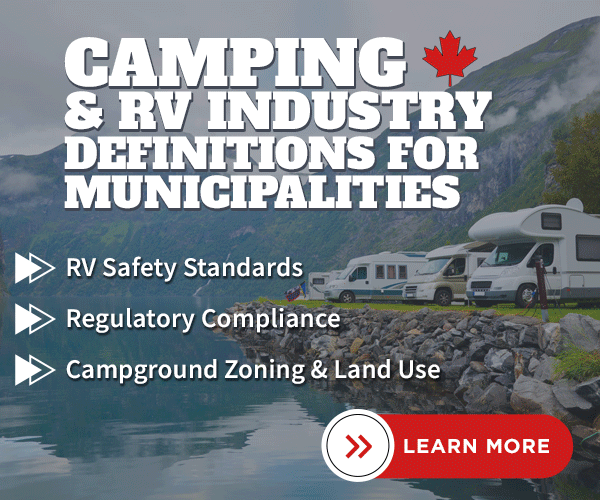Metro Vancouver has released two major studies that together paint a comprehensive picture of the region's affordability landscape. The reports highlight the growing burden of housing and transportation costs, and the scale of investment needed to close the affordable housing gap.
"Affordability in our region isn't just about the price of homes; it's about the overall cost of living, including how people get around," said Mike Hurley, Chair of the Metro Vancouver Board of Directors. "Local governments help by planning communities and offering incentives to support affordable housing, but we can't do it alone. These studies clearly show that to make a real difference, we need long term investment from the provincial and federal governments, especially in non-market housing, high quality public transit and other growth enabling infrastructure."
The 2025 update to the Housing and Transportation Cost Burden Study shows that households across Metro Vancouver are spending an average of $41,000 annually on housing and transportation with transportation costs now rivaling housing expenses in some communities. It emphasizes that increasing density alone doesn't improve affordability; it needs to be paired with access to rapid transit, rental housing, and employment opportunities.
Meanwhile, the Affordable Housing Gap Analysis reveals that the region needs between 29,250 and 54,500 new affordable rental units over the next five years to meet current and projected demand. This would require approximately $2 to $4 billion in annual investment across all levels of government and would need to be led by provincial and federal governments. While there has been significant progress and investment in recent years, this total required investment is far beyond current funding levels.
Housing and Transportation Cost Burden Study Key Findings:
- Delivering good public transit remains one of the best ways to improve affordability in a region like Metro Vancouver that has high housing costs.
- The average household is spending $41,000 annually on housing and transportation, with significant variation across Metro Vancouver municipalities.
- On average, transportation costs ($19,000 annually) are almost as much as housing ($22,000). In some municipalities, transportation costs exceed housing costs.
- Households located in urban centres and along major corridors, especially those along the SkyTrain network, consistently have lower combined costs for housing and transportation.
- Renters face a higher cost burden relative to income (38%) than homeowners (33%).
- Population density alone does not materially affect affordability and must be combined with quality public transit, rental housing, and access to jobs to make an impact.
Affordable Housing Gap Key Findings:
- It's estimated that between 29,250 and 54,500 new affordable rental units will be needed to address regional affordable housing need over the next 5 years.
- Meeting this short-term rental housing need requires approximately $2 to $4 billion in annual investment across all orders of government, well beyond current funding levels. While the recent federal announcement of $13 billion nationally through Build Canada Homes is a welcome signal of renewed federal leadership, no projects have been identified in Metro Vancouver to date.
- Federal and provincial governments must lead funding efforts, while local governments play a key enabling role through land, policy, and incentives.
A shortage of affordable housing has far-reaching impacts across Metro Vancouver. It contributes to rising homelessness, delays in household formation as people remain in overcrowded or shared living arrangements, and increased outmigration as residents seek more affordable communities elsewhere. The strain also affects mental health, particularly among those facing housing or food insecurity, and it puts growing pressure on community supports like food banks, health services, and emergency assistance programs.
Together, these studies reinforce the need for coordinated action across all levels of government. Metro Vancouver will use these findings to strengthen advocacy and planning efforts under Metro 2050 and Housing 2050, ensuring that future growth supports affordability, sustainability, and livability for all residents.
Metro Vancouver plays a leading role in producing high-quality regional data and policy research to help the region prepare for population, housing, and job growth while protecting both human and environmental health. These studies equip member jurisdictions with the evidence they need to make informed decisions. Together, these efforts foster more coordinated planning and help advance the shared goals of Metro 2050.



















